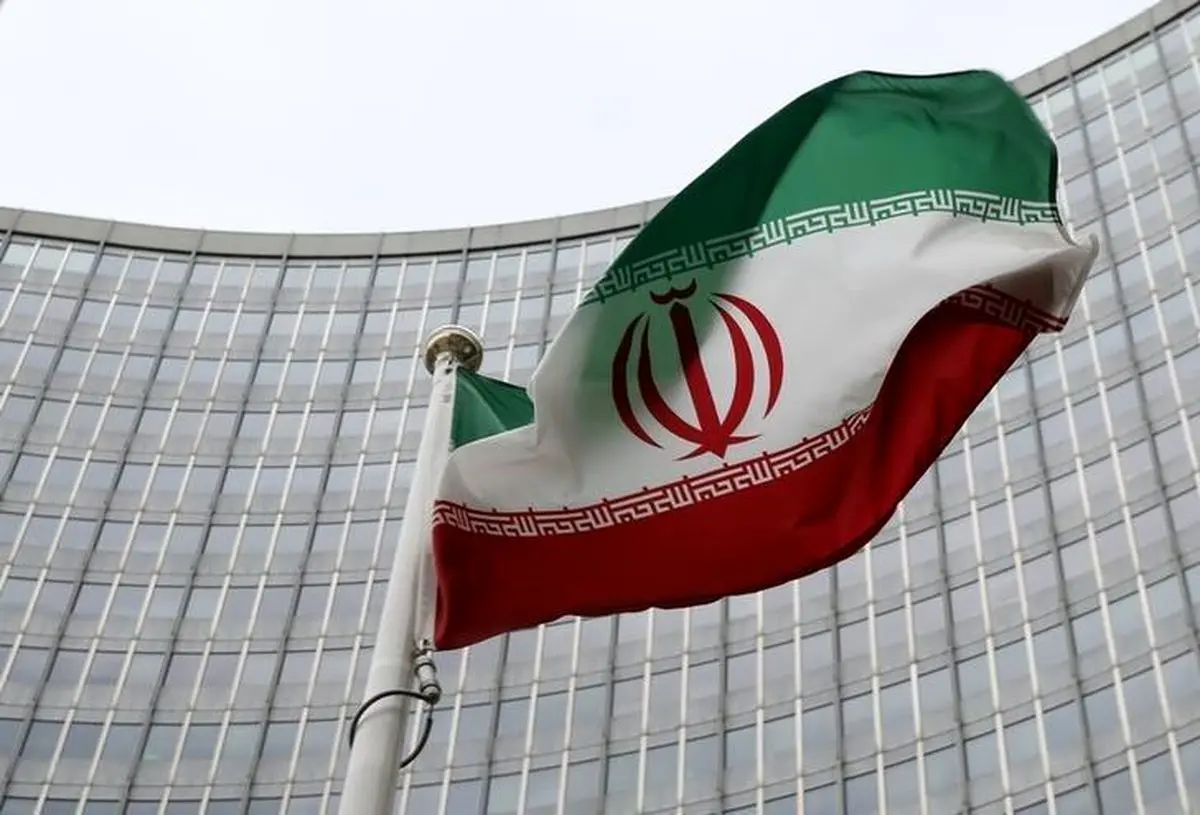Unilateral coercive measures weaken multilateralism: Iran

Iran’s Deputy Foreign Minister for Legal and International Affairs Reza Najafi has called on the UN to oppose unilateral coercive measures taken by some countries against others, and help eliminate them, arguing that the measures weaken multilateralism.
Najafi made the remark on Tuesday at the general debate of the United Nations’ High-Level Political Forum (HLPF) on Sustainable Development in New York, the US.
The following is the full text of the Iranian official’s speech at the HLPF general debate.
In the Name of Allah
My delegation aligns itself with the statement delivered by Uganda on behalf of the Group of 77 and China.
Mr. President,
We live in a complex and unjust world. Development must be at the center of the United Nations and our international cooperation efforts, with a focus on implementing our agreed goals.
We must reaffirm the link between the family and development, emphasizing its role as a contributor to sustainable development and call on the UN to devote due attention to protect the family and family values.
Developed countries must fulfill their commitments to provide financial resources, transfer technology, and build capacity. The UN must enhance cooperation and partnership at all levels.
Unilateral Coercive Measures (CMs) are an important obstacle for international cooperation and undermine the activities of the UN system, impede the achievement of economic, and social development, particularly in developing countries and weakening Multilateralism, while strengthening Unilateralism. We must oppose UCMs and urge for their immediate lifting.
The Islamic Republic of Iran has made significant progress in achieving sustainable development goals by establishing a robust legal and legislative framework, while having our reservations. We have built a resilient economy, eradicated poverty, promoted social justice, ensured food security, expanded basic services, empowered women and girls, fostered technology and innovation, and protected the environment.
Among our environmental challenges, sand and dust storms pose significant global risks. A notable example of Iran's environmental protection efforts is its initiative to combat sand and dust storms. In this regard, Iran with the cooperation and support of the United Nations last year hosted its second international conference on combating sand and dust storms.
In conclusion. To realize sustainable development goals, it is imperative to eliminate all obstacles faced by developing countries, including UCMs. Mr. President, Sustainable development cannot be achieved without addressing the devastating situation of people living under foreign occupation. The Palestinian people have been seeking their basic human rights for over 75 years. How can we discuss achieving SDGs while witnessing war crimes and genocide in Palestinian territory? The international community must act now.
I thank You for your attention.
